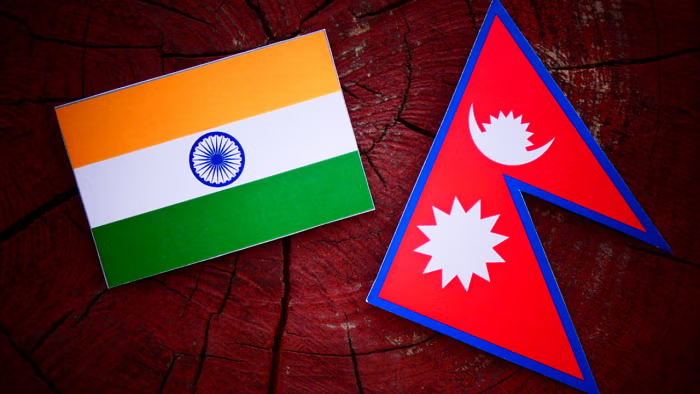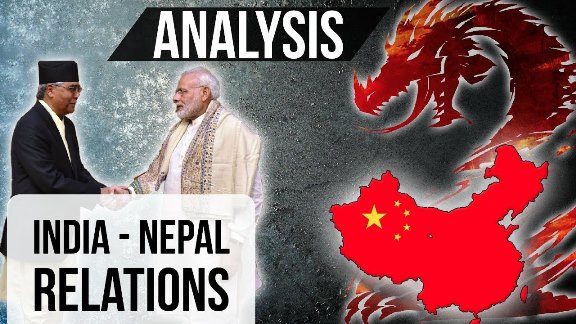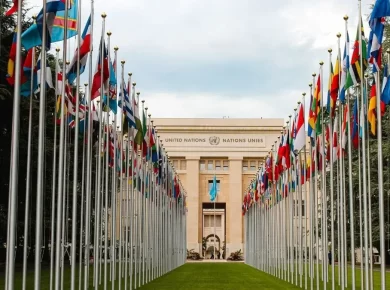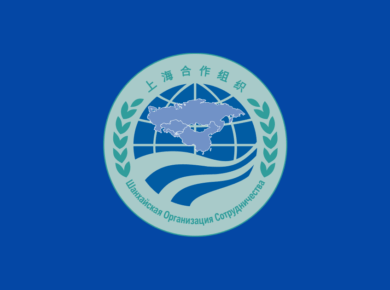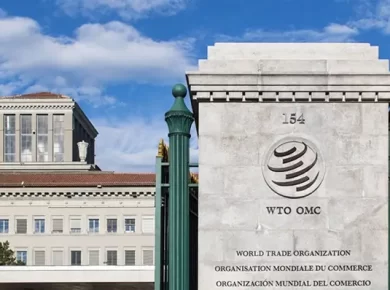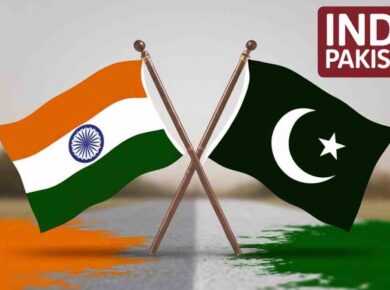India Nepal Relations
The relationship between the two countries is bound by history, geography, economic cooperation, socio-cultural ties and people-to-people relations. As close neighbours, India and Nepal share a unique relationship of friendship and cooperation characterized by open borders and deep-rooted people-to-people contacts of kinship and culture.
Significance of Nepal for India
- Nepal is a buffer state between India and China
- Nepal shares a long open border with India. There is alleged link between Naxalites and Maoist in Nepal.
- Socio-economic development of bordering states especially Bihar and Uttar Pradesh
- To check the growing influence of china in Nepal. Chinese are planning to construct road and rail link as part of silk route project.
- Nearly 30 lakh Nepalis (some 10 % of Nepal’s population) are employed in India; this includes some 50,000-60,000 soldiers.
Major Irritants
- Nepal has accused that India is interfering in its internal political matters
- India is worried about Nepal growing close relation with China
- OBOR has a blueprint of connecting Nepal with the Eurasian transport corridor.
- Nepal had signed Transit agreement with China mainly aimed at reducing Nepal’s overwhelming economic dependence on India.
- There is a set pattern of the Kathmandu regime using the China card whenever it runs into difficulties with its own people and India lends support to the Nepali people’s cause.
Nepal-India tensions spiked last year with the promulgation of a constitution that was perceived as non-inclusive of ethnic Madhesi and Tharu groups. For almost six months there was blocked in India-Nepal border.
Nepal government called it an undeclared blockade by India — it systematically raised the anti-Indian nationalism sentiment; and it tried to cozy up to China and use it as an alternative source of supplies; particularly those related to transit through China and rail and road connectivity between Nepal and China.
Also read: India China Relations, India Japan Relations and India Bhutan Relations
India refuted those allegations, stressing that the border tensions were caused by the Madhesi parties and were the outcome of internal protests in Nepal. India also accused Nepal of stoking ‘anti-India’ sentiment and has been irritated about Nepal’s attempt to use the ‘China card’.
Nepal is a challenge for Indian government not only for the China factor but also for how to deal with its ethnic question- the controversy between the Nepali & Madhesi (Indian origin Nepalese of the Terai region) identities.
-
Historical and Cultural Ties: India and Nepal share deep-rooted civilizational, religious, and cultural bonds, with open borders allowing free movement of people and goods.
-
1950 Treaty of Peace and Friendship: This treaty forms the basis of bilateral ties, covering aspects like defense cooperation, economic relations, and people-to-people contact.
-
Open Border System: Citizens of both countries can travel, work, and live across the border without a visa, promoting strong socio-economic and familial linkages.
-
Economic Assistance: India is one of Nepal’s largest development partners, supporting infrastructure projects like roads, rail links, hydropower, and education.
-
Energy Cooperation: India imports hydropower from Nepal and is involved in developing several hydroelectric projects in the Himalayan region.
-
Connectivity Projects: India is helping Nepal enhance connectivity through projects like the Jaynagar–Kurtha railway line, Integrated Check Posts (ICPs), and cross-border roads.
-
Defense and Security Ties: Nepalese citizens serve in the Indian Army’s Gorkha regiments, and both countries conduct joint military exercises like Surya Kiran.
-
People-to-People Relations: A large Nepalese diaspora lives in India, while Indian citizens contribute significantly to Nepal’s trade, education, and health sectors.
-
Border and Map Issues: Recent tensions have emerged over territorial claims, particularly regarding Kalapani, Lipulekh, and Limpiyadhura, straining ties in recent years.
-
Multilateral Cooperation: India and Nepal collaborate in regional forums like SAARC, BIMSTEC, and BBIN, enhancing regional cooperation and integration.
For more updates about India Nepal Relations, explore the IR & Security Category. Feel free to share your thoughts and comments
If you’re passionate about building a successful blogging website, check out this helpful guide at Coding Tag – How to Start a Successful Blog. It offers practical steps and expert tips to kickstart your blogging journey!
